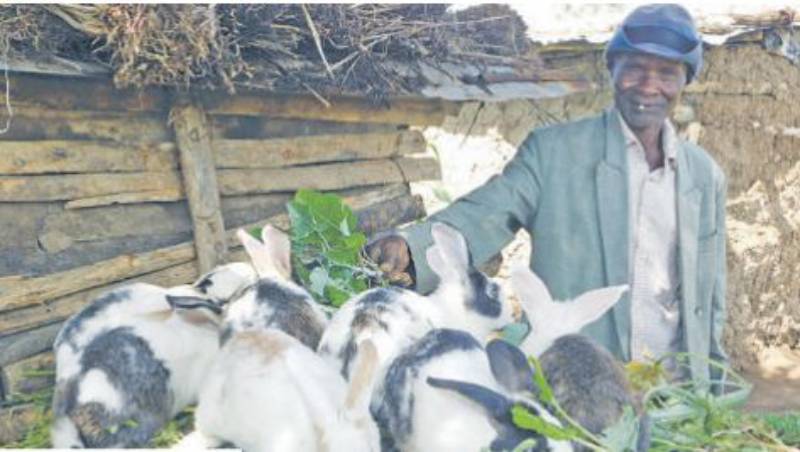×
The Standard e-Paper
Join Thousands Daily

At 75, John Ndung’u walks with agility most people his age and even younger would envy. Only his broads smile which reveal the single incisors left and bald head betray his age.